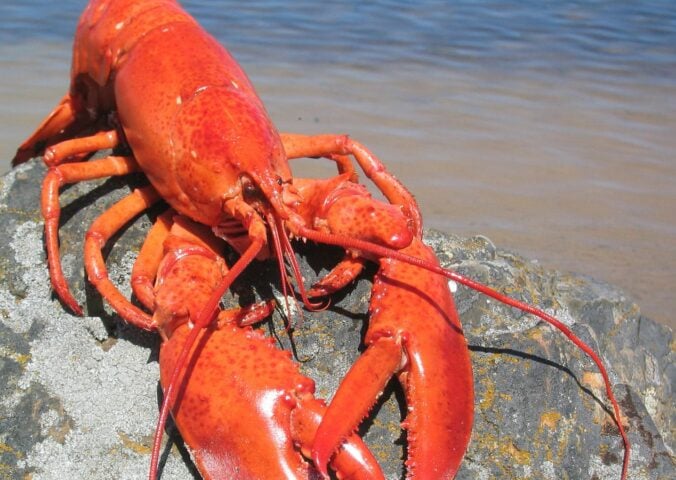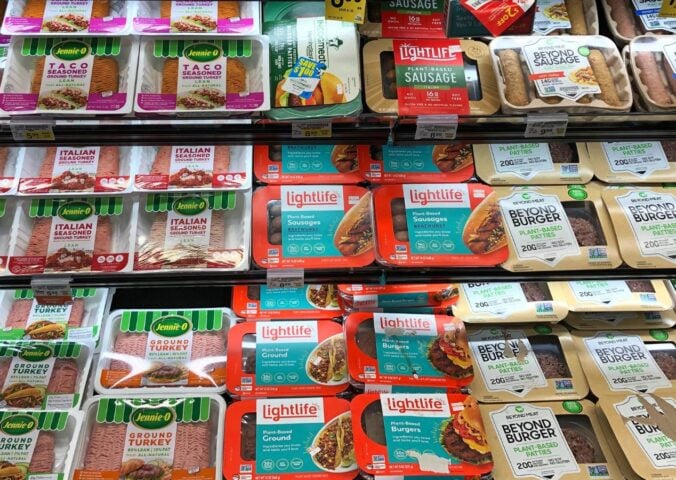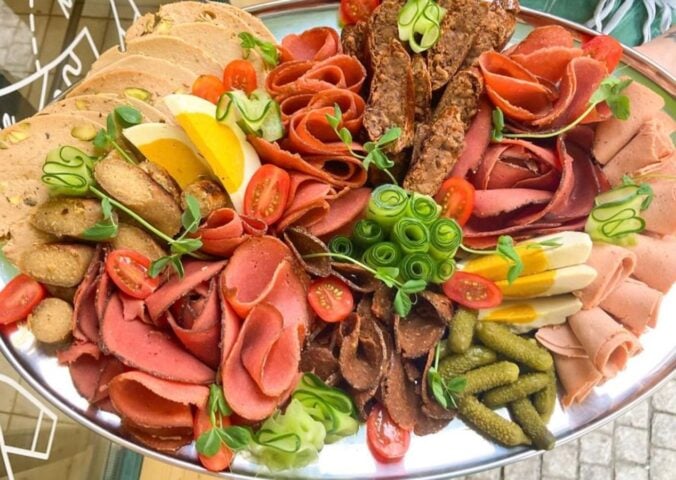Meta founder Mark Zuckerberg is raising cows for “beef” at his 1,500-acre estate in Kauai, Hawaii.
Writing on Instagram, Zuckerberg said that the cows will eat macadamia meal and drink beer. “We want the whole process to be local,” he wrote.
He went on to say that “each cow eats 5,000-10,000 pounds of food each year, so that’s a lot of acres of macadamia trees.” Zuckerberg added that his daughters are helping to plant trees and “take care” of the animals. The photo alongside the caption showed him sitting at a table with a steak.
The post has attracted huge criticism, with many commenters pointing out the ethical problems of cow farming. Animal rights organization PETA commented: “Every animal is someone. This “project” is killing animals and the planet and is traumatizing for your kids. There are so many other productive things to do, like creating innovative vegan foods that save animals, help the planet, and improve human health.”
Zuckerberg has previously caused a stir around meat eating. In 2011, he said he had “basically become a vegetarian” after claiming to only eat animals he has killed himself.
Zuckerberg criticized
Many commenters also took issue with the enormous climate costs of Zuckerberg’s decision to raise cows. Switching to a plant-based food system is a key solution to fight world hunger and the climate crisis. Speaking about the environmental impact of the farm, Nicholas Carter, ecologist and data scientist, told Plant Based News: “Zuckerberg could ship a kilo of macadamia nuts about 200 times around the world before its greenhouse gasses matched those of a kilo of his local beef.”
Carter added: “Only one percent of beef’s footprint comes from transportation. This is an obnoxious luxury where for every 100 calories of meal fed to these cattle, he’d only get about 3 calories back in beef.”
Immense land and resource use from beef
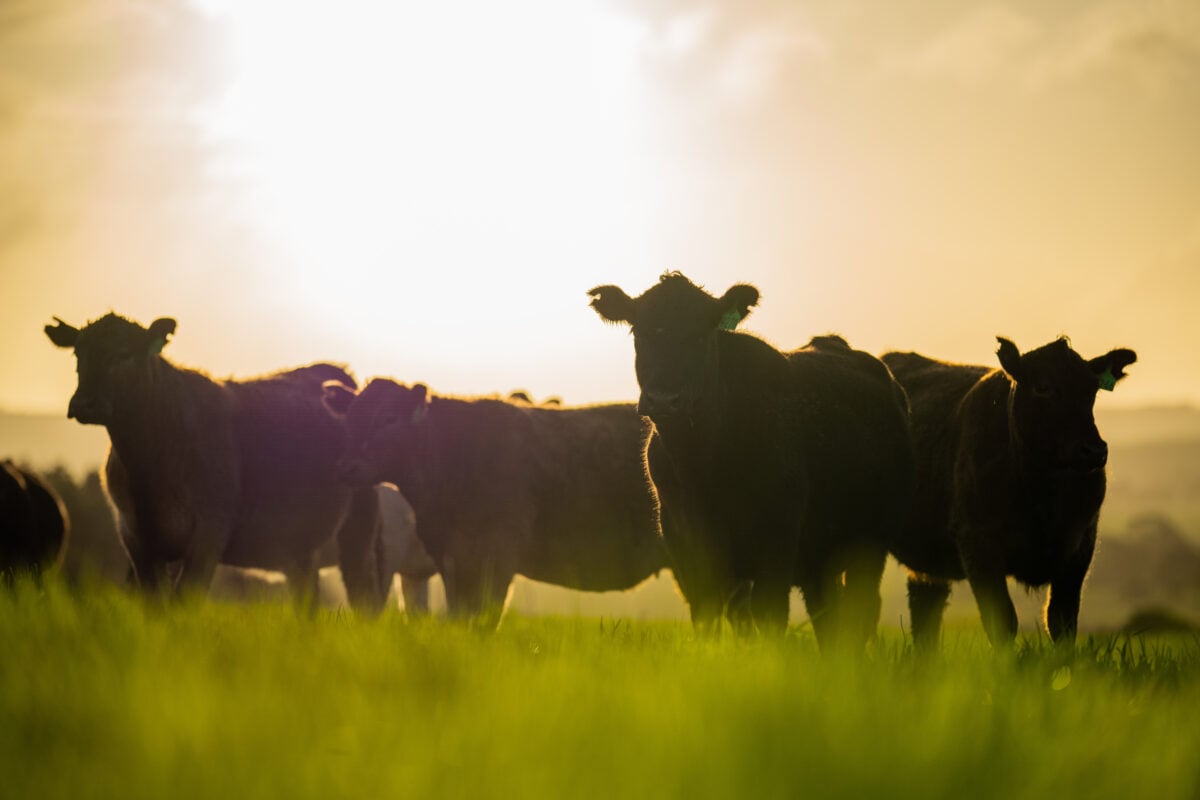
Grass-fed beef is regarded by some as among the most environmentally damaging foods.
Data from a 2018 study show the astronomical impact of beef herds. Every kilogram of food emits almost 100 kg of greenhouse emissions, compared to 0.43 kg for nuts.
By choosing to raise his own cows for beef on huge swathes of land, Zuckerberg is increasing his carbon footprint.
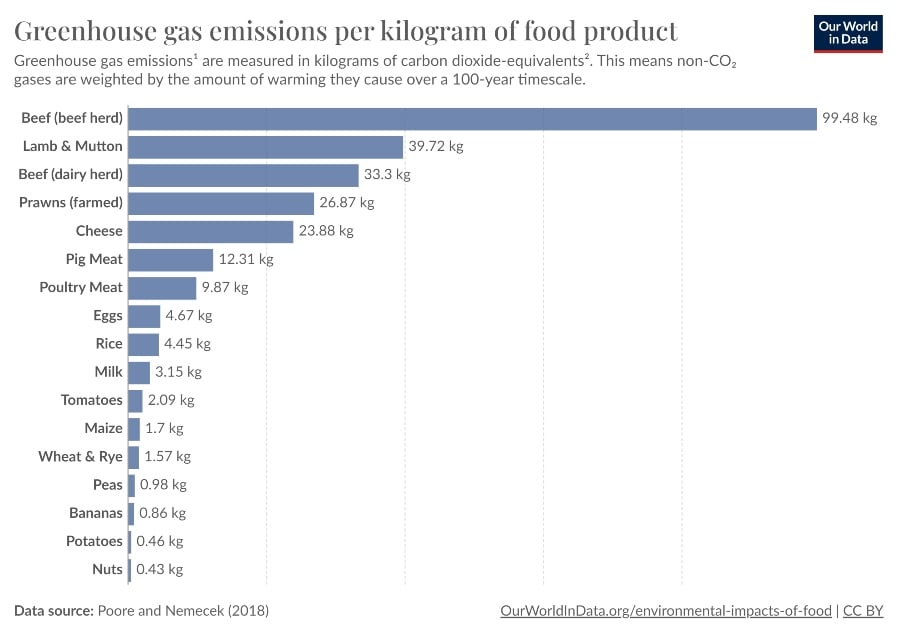
Even the pro-livestock UN Food and Agriculture Organization (FAO) has urged actions to improve the “efficiency of [meat] production” by using less land for animal agriculture.
“The inefficiencies, methane, and land displacement are largely inescapable impacts of producing beef for food,” said Carter. “The volume of feed would also likely result in the displacement of Indigenous communities and further the pressure on extensive areas of endangered rainforest and wild animals.”
Plant-based food system could end world hunger
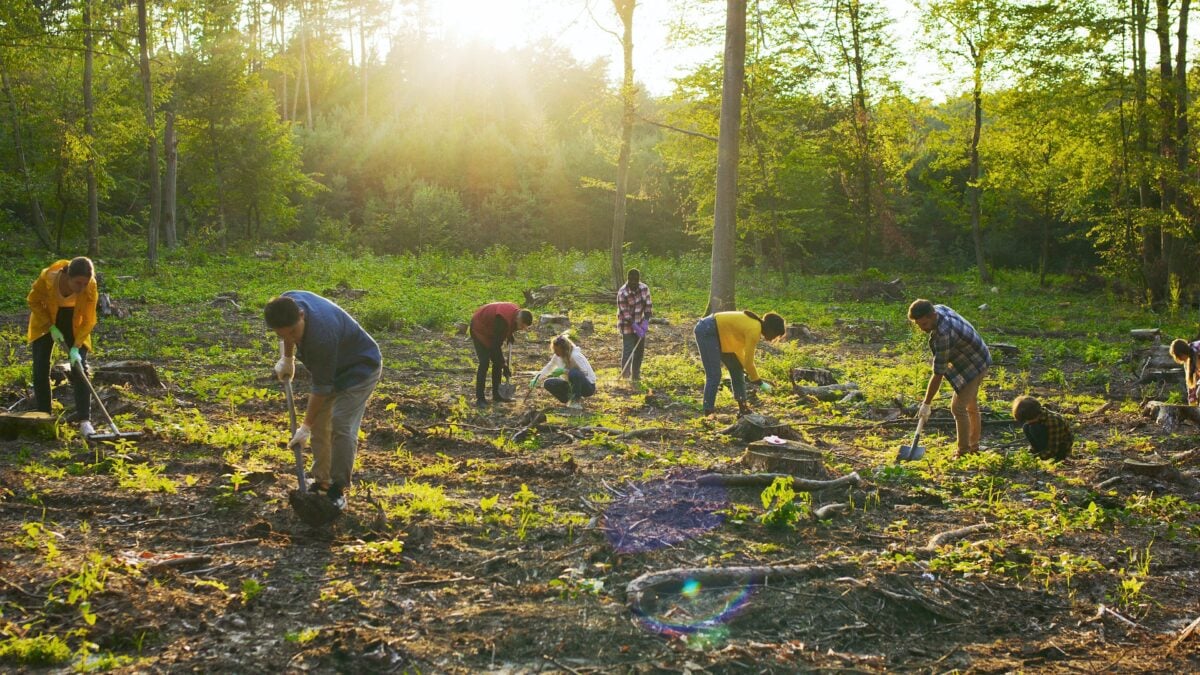
In a speech last month, World Health Organization Director-General, Dr Tedros Adhanom Ghebreyesus, called for a shift towards a plant-based food system.
“Transforming food systems is essential,” he said, “by shifting towards healthier, diversified, and more plant-based diets.”
The inefficiencies of meat production make swapping beef for beans one of the key solutions to world hunger.
Indeed, switching just 30 percent of meat for plant-based alternatives would save enough water to fill 7.5 million swimming pools per year. It could also free up a carbon sink the size of India by 2030.




